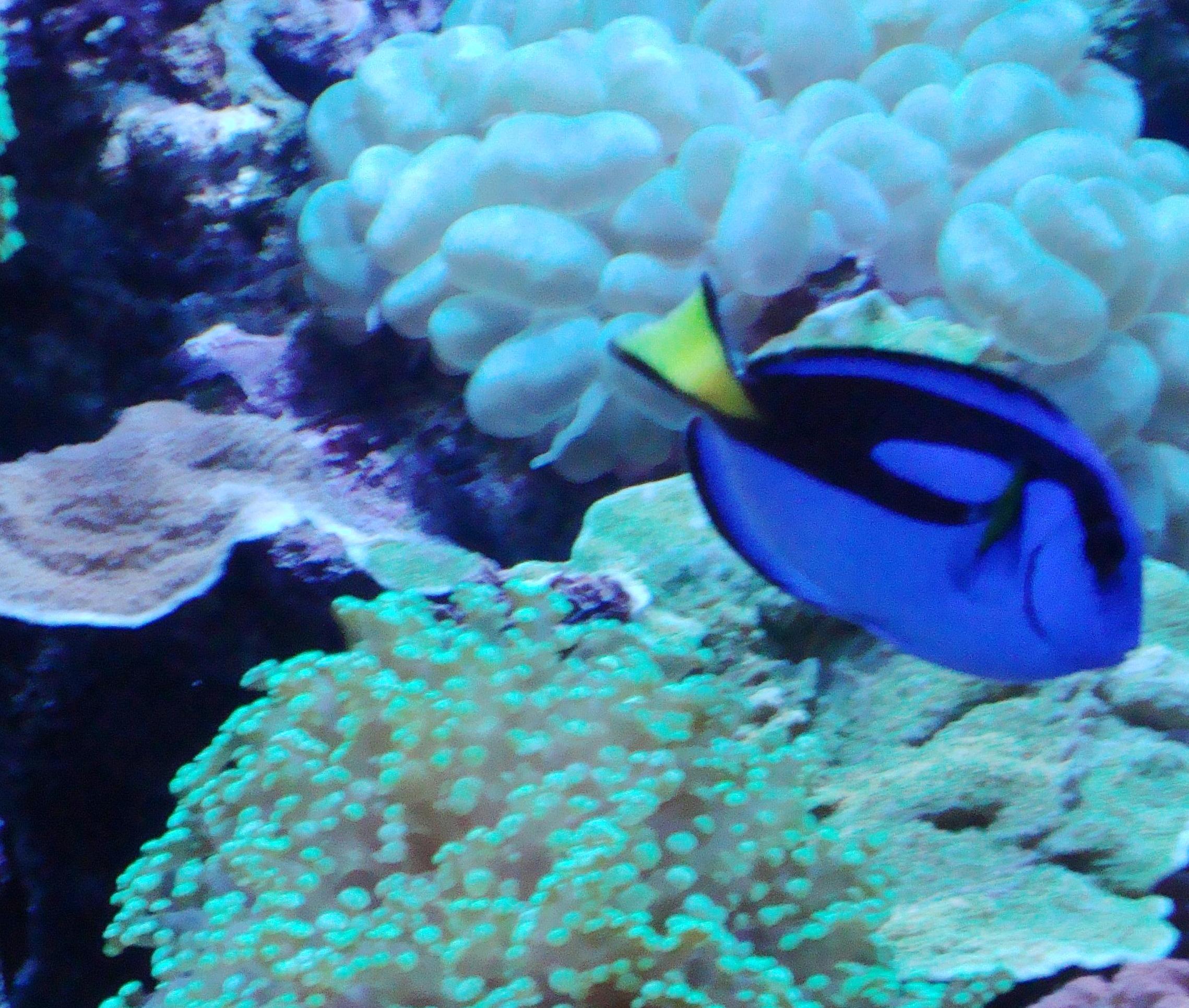Why Getting Pets Out Of Pet Shops Doesn’t Stop Puppy Farmers
What’s the issue?
Activists demand that you should only able to get a pet from shelters, veterinarians or “registered breeders”. So let’s look at the question of pets being sold in pet shops. Activists have pushed this issue as if it was “the answer to all problems for Australian pets” even though most experts say that restricting pets in pet shops will have no effect on unwanted pets in Australia, with euthanasia at all-time lows and 85%+ of those euthanasia being for infection, medical or behavioural issues, NOT because pets are unwanted. The alleged association between “puppy farmers” and pet shops simply does not exist.
Pets Australia members can access the views of all the relevant stakeholders, including the activists. Please login or join by clicking the link below for access
The Australian Veterinary Association:
Banning pets from pet shops wouldn’t solve the euthanasia problem, and may drive poor quality breeders underground with a negative result for animal welfare.
The RSPCA
The RSPCA NSW identifies the issue of pet euthanasia as complex and unlikely to be solved by a pet shop ban. RSPCA has identified and is implementing many useful initiatives to reduce euthanasia. RSPCA’s own policy does not call for baning pets from pet shops.
Animal Welfare League NSW:
Has not supported the Bill, arguing that this is not in the best interests of animal welfare.
Dogs NSW:
Did do not support the Bill, for some of the reasons above and also that the Bill would impose “standards” on breeders that haven’t been identified.
- They are the most highly regulated part of the industry, with licensing, regular inspections and a state Code of Practice that they must meet.
- Only around 10% of dogs and cats are bought through pet shops – more than 80% come from internet and classified sales
- The bill would have eliminated “hybrid dogs” who cannot be registered with purebred breed societies
- The original Bill would have effectively stopped kids owning mice, budgies and rats as pets as there are few other sources of these pets.
- They control impulse buying through the Code of Practise provisions
BUT
- there are undoubtedly some pet shops that do “sell” pets
- there is almost no data on the source of dogs in shelters
- very few pet shops sell desexed pets, or desexing vouchers
The Animal Activists say that:
- selling pets in pet shops directly results in pets being euthanased in shelters
- selling pets causes impulse buying of pets
- pet shops all buy their dogs from “puppy farms” and “kitten farms”
- pet shops “hard sell” pets to people that don’t really want them
- banning all pets from pet shops is the only way to fix this.
BUT
- there is no evidence that “pet shop pets” result in high rates of euthanasia
- there is NO evidence that “kitten farms” exist, and “puppy farms” are defined by their poor standards and are closed down by the RSPCA under state laws.
- “impulse buying” can happen in any pet purchase, but in pet shops tends to be reduced by very high prices, particularly for dogs
- good pet shops not only don’t “hard sell” but actively force buyers to consider their decision and offer a “returns policy” as well
- banning anything is bad policy as it tends to encourage the wrong people
- paradoxically, more pets may be forced into shelters (for example, “free to good home, moving overseas” would be forced to surrender their pets into shelters), as would “accidental” cat litters currently given to pet shops for sale.
What are acceptable outcomes?
Regardless of the sometimes dramatic overstatement of the numbers of dogs and cats euthanased, it is right to try to reduce the numbers of pets who do not find homes. It is a far more complex issue than banning a small but visible section of the pet care industry.
These policy options could include:
- Identifying the source of all pets surrendered into pounds, to identify whether or not pet shops are the culprit – this is a necessary research project
- Making it a more significant action to surrender a pet. There is no penalty and often not even any identification of pet owners who surrender a pet, so nobody even knows if “serial surrenderers” even exist.
- Cat trapping to reduce “feral kittens” being presented to pet shops, pounds and shelters (cat trapping has been shown to be an effective way to reduce cat euthanasia in pounds & shelters)
- Council incentives rather than penalties for doing the right thing with your pets (microchipping, registration etc)
- Educating kids in schools and their parents about how to do the right thing with your pet.
- Better matching of pets with owners to reduce the risk of them being surrendered (see the “Feline-ality” and “Canine-ality” information sheets on this site!)
- Desexing, or desexing vouchers to be part of the sale price of every dog or cat unless the pet is registered with Council for breeding
- Regularly inspecting Pet Shops for compliance with the legal Code
- “Behaviour training” to help the pets get on with their owners better.
Can you think of other methods than just “banning pets from pet shops” that you think would genuinely reduce euthanasia? If so we want to hear from you.
Klonopin shouldn’t be taken during pregnancy, unless it is absolutely necessary. Clonazepam passes into breast milk (in small amounts). Therefore, it can be used during breastfeeding only in case of emergency. Read more about it on Dhttps://dailyinbox.com/klonopin-for-sale/.
Where can I voice my opinion?
Email Pets Australia at petsaustralia@petsaustralia.org




